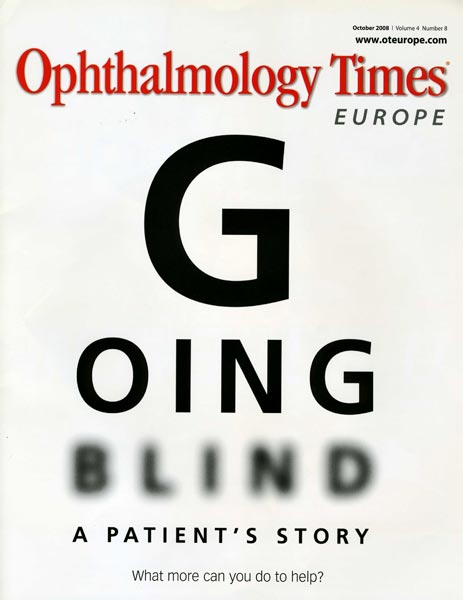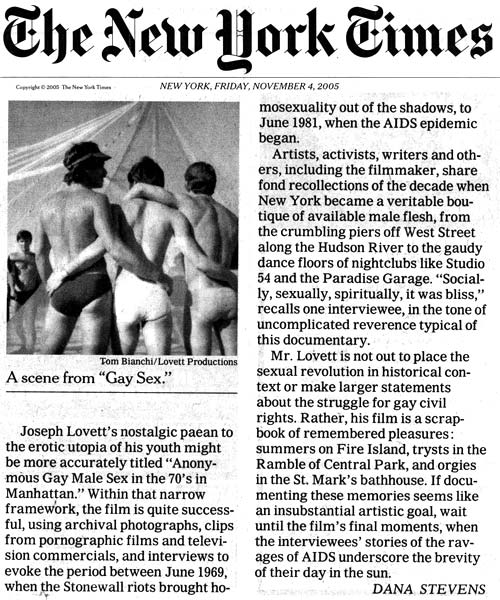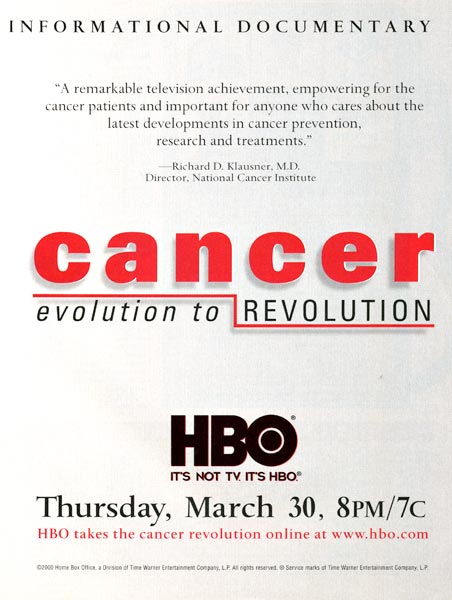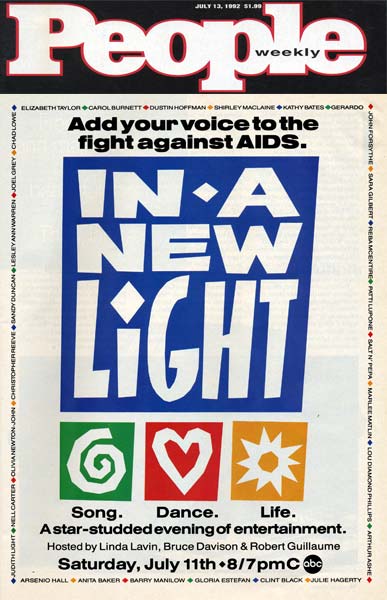
Going Blind (2010)
”“Partly to assuage his fears, partly to learn how to cope if he becomes blind, and partly to alert Americans to the importance of regular eye care, Mr. Lovett, 65, decided to do what he does best. He produced a documentary called Going Blind with the telling subtitle ‘Coming out of the Dark About Vision Loss.'”
– Jane Brody, The New York Times
”“Like a detective, Lovett uses his own glaucoma symptoms as clues to help determine who to track down next, immersing himself in the struggles of his various interviewees . . . [the film] effectively demystifies the process of going blind.”
– Ronnie Scheib, Variety
”“Going Blind is an uplifting documentary about visually impaired and blind people that doesn’t evoke pity among the audience; rather it instills inspiration to lead a productive life.”
– British Journal of Ophthalmology
”“The word ‘inspirational’ is so overused as to be hackneyed, but writer-director Joe Lovett’s documentary Going Blind—in which he chronicles his excruciating battle with glaucoma while using his experiences to connect with five other people living with degrees of blindness—is exactly and profoundly that.”
— Ernest Hardy, The Village Voice
”“Going Blind encourages and inspires people to take action to preserve, prolong, and maximize the precious gift of sight—for themselves, their loved ones, and society.”
– The Washington Post
”“As producer and narrator, Lovett has crafted a much-needed awareness tool about vision loss . . . Going Blind is a jewel of a film and belongs in every library.”
—Gerald A. Notaro, Library Journal

Gay Sex in the 70s (2005)
”“Lovett’s film is a finely balanced and loving work of history . . . Whether you find yourself shocked or delighted (or both) by all the mustachioed man-flesh on display, Gay Sex in the 70s is an often-hilarious tribute to its city and its era . . . It doesn’t shy away from the question of how the party ended, with the arrival of a catastrophe that devastated the gay community and made impossible demands on its newfound sense of identity and unity.”
– Andrew O’Hehir, Salon.com
”“An engrossing piece of social history, a lively, astonishingly well-documented excavation of that period between June 1969 and June 1981 when gay men in New York experienced a bacchanalian burst of sexual liberation.”
– Washington Post
”“A vivid portrait of a lost libertine paradise”
– Variety
”“Joseph Lovett’s nostalgic paean to the erotic utopia of his youth . . . the film is quite successful, using archival photographs, clips from pornographic films and television commercials, and interviews to evoke the time period between June 1969, when the Stonewall riots brought homosexuality out of the shadows, to June 1981, when the AIDS epidemic began.”
– Dana Stevens, New York Times
”“Evokes a rich sense of the dawning of gay liberation.”
– LA Times
”“Poetically captures seedy beauty and . . . the human need for connection.”
– LA Weekly

Cancer: Evolution to Revolution (2000)
”“It is rare indeed for commercial television to produce a program of such high-quality as the two-and-a-half-hour documentary Cancer: Evolution to Revolution . . . If you do not have cable, I urge you to visit a friend who does . . .”
– Jane E. Brody, The New York Times
”“This is, quite simply, as valuable as television gets.”
– Ray Richmond, The Hollywood Reporter
”“Cancer: Evolution to Revolution performs a remarkable public service and does so in eminently watchable style.”
– The Daily News
”“Those who question television’s role as an effective and powerful informational tool need only take look at this unique public service documentary about the treatment and prevention of cancer.”
– Laura Fries, Daily Variety
”“In terms so simple and expressive to be almost frightening, the documentary describes the latest theories about how cancer develops.”
– David Bauder, The Associated Press

In a New Light series (1992 – 1996)
”” This emotionally resonant special . . . brings together entertainers from the disparate worlds of country, rap and pop music as well as film and television to openly discuss a health crisis that has much of the rest of the country polarized and living in denial.”
–James Ryan, The Hollywood Reporter
”“Emotions run high as celebrities rally to raise awareness ‘and get people involved’ with the AIDS epidemic.”
– TV Guide
”“A star-sprinkled reality check intended for teens and parents to watch together, it condescends to neither group . . . This Light shines with the harsh glare of unpleasant truths. By never mincing words, the show says a lot.”
– Matt Roush, USA Today
”“In terms so simple and expressive to be almost frightening, the documentary describes the latest theories about how cancer develops.”
– David Bauder, The Associated Press

